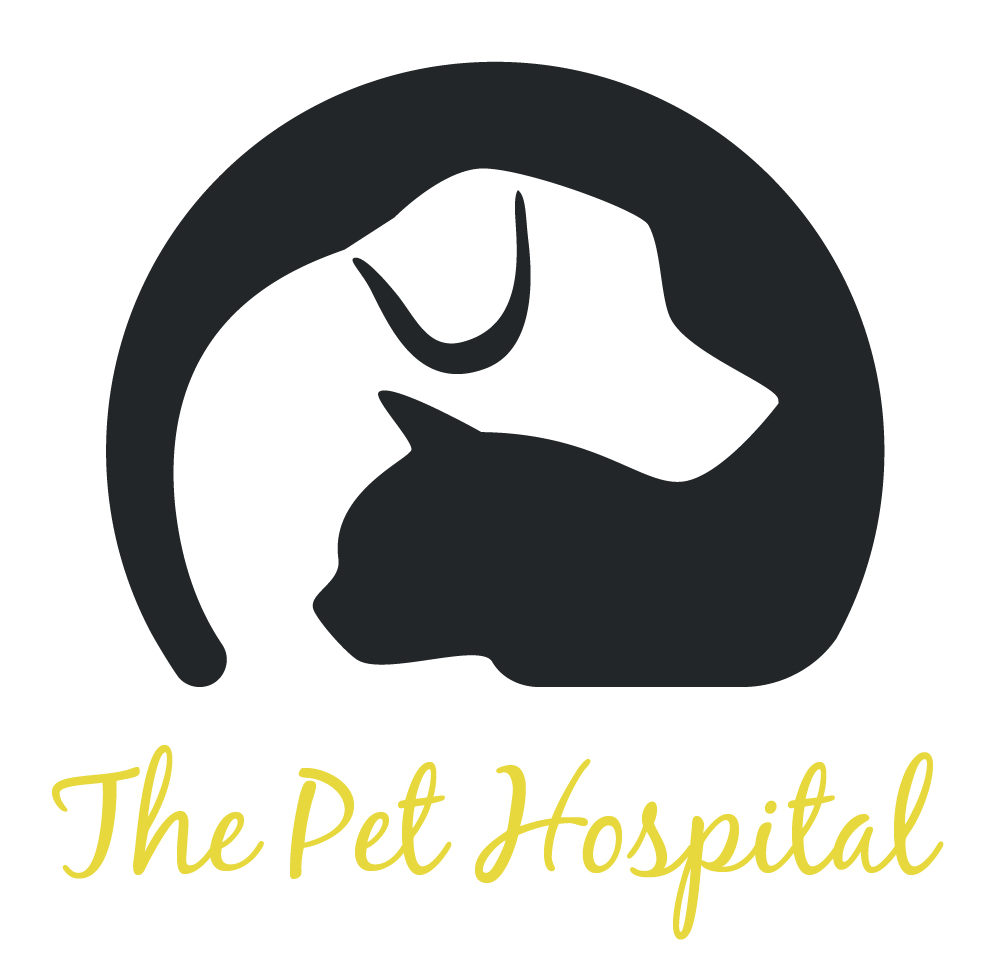
Our Services
The Pet Hospital is proud to offer a wide range of services. Learn more about what we offer below.
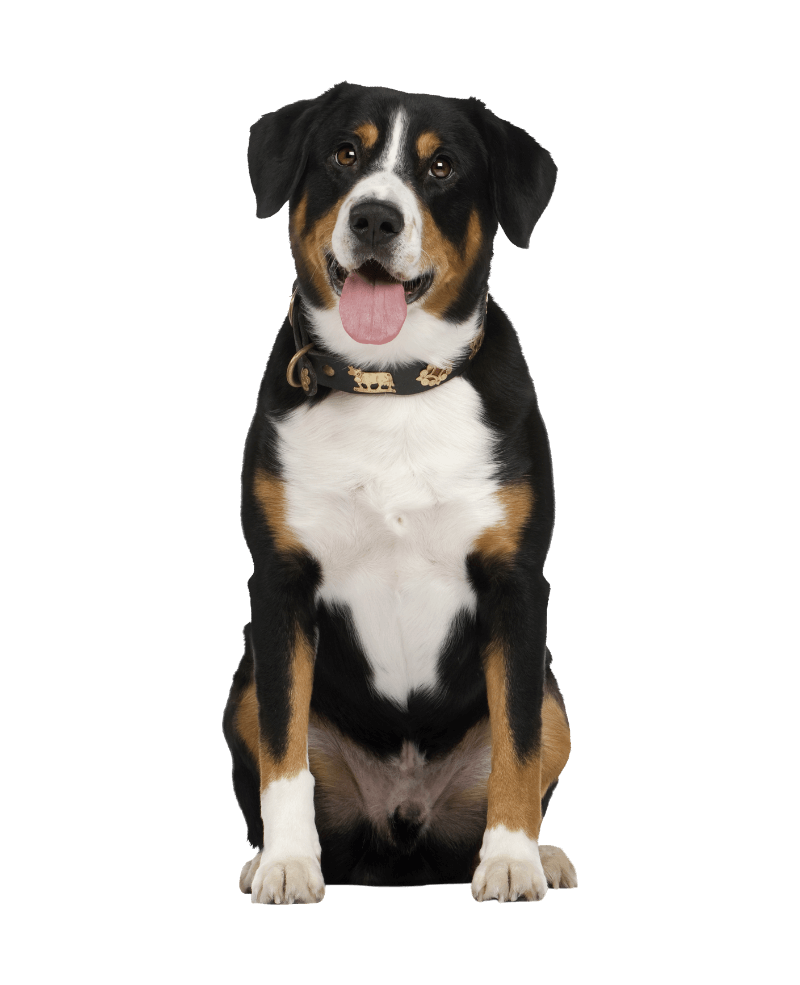
Services We Offer
We are a full-service hospital with most cases handled in-house instead of referred. At The Pet Hospital, we keep our prices low so that everyone can afford health care for their pets.

Annual Health Exam
During your annual physical exam, your veterinarian fully examines your pet and discusses vaccinations and ongoing wellness. Just like you do wellness visits with your doctor, it’s important that your pet does the same. During these visits, our team will spend time examining your pet from nose to tail.
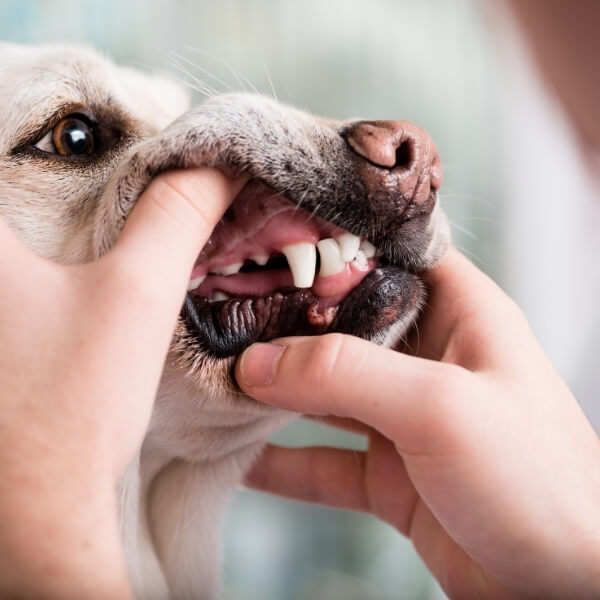
Dentistry
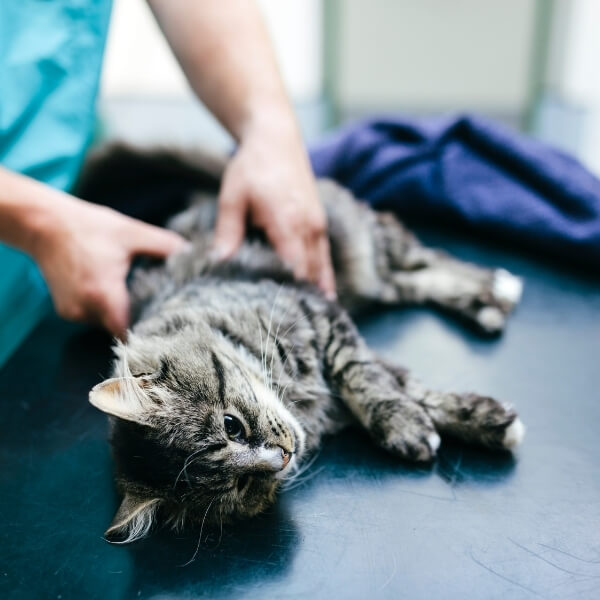
Orthopedic Procedures
Orthopedics involve conditions that affect your pet’s skeletal system and extremities, including bones, joints, muscles, tendons, and ligaments. Orthopedic injuries can affect the mood and quality of life of your pet.
You may notice a slight limp, avoidance of physical activities like jumping, hesitation to get up, or other signs that your pet is experiencing discomfort. Thankfully, there are a number of treatments available that can reduce orthopedic pain for your pet, and The Pet Hospital is committed to finding a treatment plan that will work best.
If you suspect your pet is showing signs of pain, we will run a series of diagnostic tests to determine the problem. After considering your pet’s age, breed, size, and health, along with the severity of the problem, a veterinarian will work with you to develop a plan of treatment for your pet. Potential treatments include anti-inflammatory and pain medications, platelet enhancement therapy, cold laser therapy, nutritional supplements, and orthopedic surgery.
Orthopedic Procedures We Offer:
- Anterior Cruciate Repair (ACL)
- Splints and castings
- Patellar Luxation Repair
- Amputations
- Femoral Head Osteotomy (FHO)
- Bone Plates
- External Fixation Surgery (KE)
- Modified Maquet Procedure (MMP) Coming Soon!
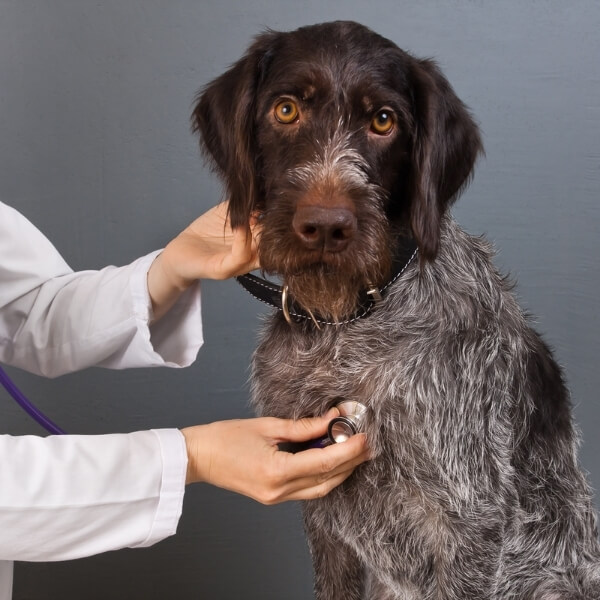
Soft Tissue Surgery
We provide surgical options in a clean and safe environment. Most importantly, our veterinary team can closely track each animal’s vital condition during surgery.
Soft tissue surgery is a large subject, as it comprises any surgery that is not orthopedic. Procedures can range from simple cyst removals to complex and involved operations. Areas covered include ear, nose, and throat, cardiothoracic, hepatic, gastrointestinal, urogenital, skin reconstructive, and oncological surgeries.

Eye and Ear Surgery
If your dog suffers from frequent ear infections, surgical intervention can reduce their occurrence by improving airflow into the ear canal.
Surgery can also help resolve several problems related to the eyes. Tearing in your pet’s eyes can mean an infection is present or maybe a sign that the cornea (outer layer of the eye) has been damaged. Surgery may allow the cornea to heal faster with less scarring, improving your pet’s ability to see. In some pets, the eyelashes may actually damage the cornea. Surgical intervention improves comfort in these pets, reduces the chances of corneal scarring, and enhances the pet’s vision in the long term.
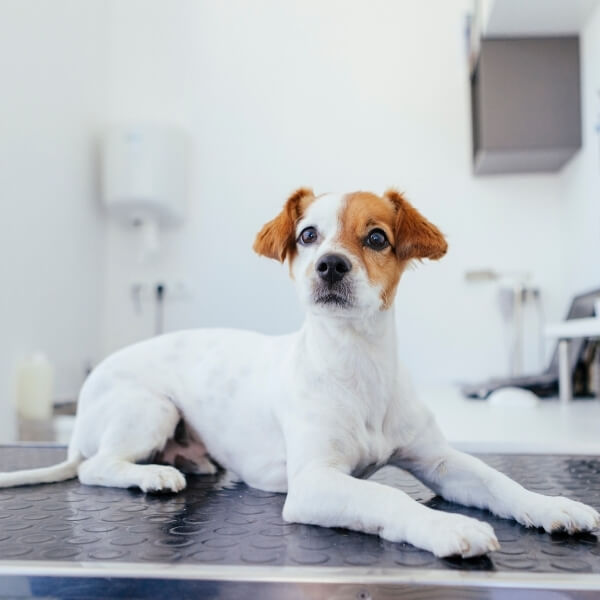
Laser Therapy
If your pet experiences a soft tissue injury, chronic pain, or a wound that needs some more help healing, our doctors may add Laser Therapy to your pet’s treatment plan. Therapeutic laser is the application of light energy to areas of the body to stimulate and accelerate healing. Therapeutic laser reduces pain by decreasing inflammation, as well as by decreasing tissue chemicals that stimulate pain and by affecting nerve conduction. The therapeutic laser also enhances healing by increasing microcirculation (blood flow through the smaller blood vessels of the body), stimulating cellular activity, and increasing growth factors.

Heartworm Treatment
Heartworm disease is a serious and potentially fatal disease in pets in the United States and many other parts of the world. It is caused by foot-long worms (heartworms) that live in the heart, lungs, and associated blood vessels of affected pets, causing severe lung disease, heart failure, and damage to other organs in the body. Heartworm disease affects dogs, cats, and ferrets, but heartworms also live in other mammal species, including wolves, coyotes, foxes, sea lions, and—in rare instances—humans. Because wild species such as foxes and coyotes live in proximity to many urban areas, they are considered important carriers of the disease.
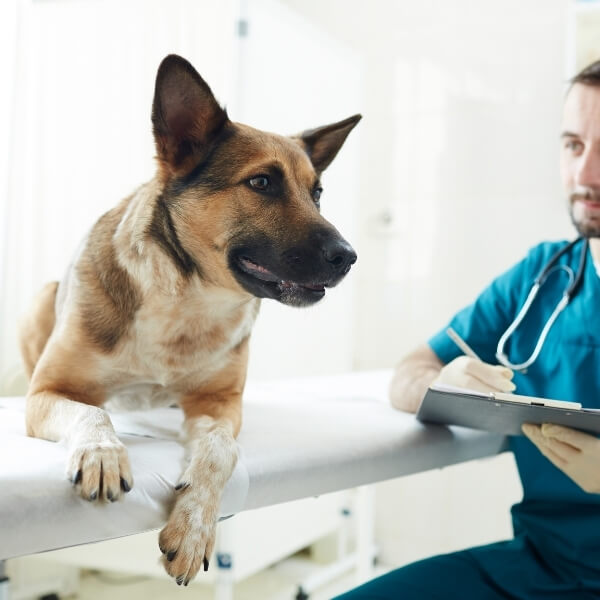
In House Laboratory
Our in-house laboratory saves valuable time in testing and diagnosing, whether it be for regular wellness visits or emergency care. Our skilled Technicians and Doctors utilize our modern lab resources and equipment to better serve your medical needs for immediate answers.
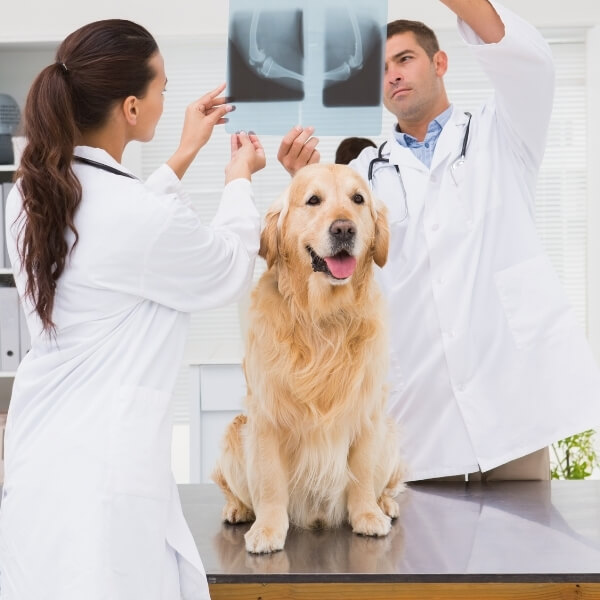
Digital X-Ray
With the advances in digital x-ray technology, we can now manipulate the digital images that we take off a pet’s systems to see what is wrong. This has allowed us to detect things like hairline fractures and orthopedic conditions that were previously not visible. We share these digital images with specialists who consult with us on difficult cases.
Radiology (x-rays) is routinely used to provide valuable information about a pet’s bones, gastrointestinal tract (stomach, intestines, colon), respiratory tract (lungs), heart, and genitourinary system (bladder, prostate). It can be used alone or in conjunction with other diagnostic tools to provide a list of possible causes for a pet’s condition, identify the exact cause of a problem or rule out possible problems.
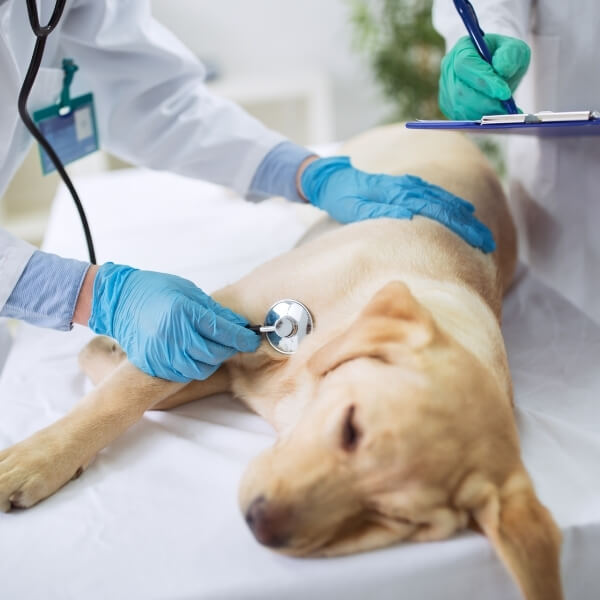
Flexible Endoscopy (NEW)
The Pet Hospital prides itself in being a complete pet care complex with staff trained in the use of the latest veterinary equipment. One of these tools, called an endoscope, is a long, flexible tube with a tiny camera at its tip. A channel inside the tube allows the veterinarian to insert a variety of small instruments for obtaining biopsy samples or retrieving foreign objects.
Since this is an invasive veterinary procedure, pets will need to be anesthetized. Once safely under anesthesia, the tip of the endoscope is lightly lubricated and then inserted into the appropriate opening. Veterinary endoscopy enables a veterinarian to examine the inner linings of your pet’s nose, throat, lungs, stomach, intestine, or colon. In addition to viewing and photographing these tissues from the inside, our veterinarians can clip small biopsy samples from tissues for analysis in our in-house laboratory or retrieve foreign bodies your pet may have ingested.
Unlike exploratory surgery, your pet experiences no pain or recovery period following an endoscopic exam.
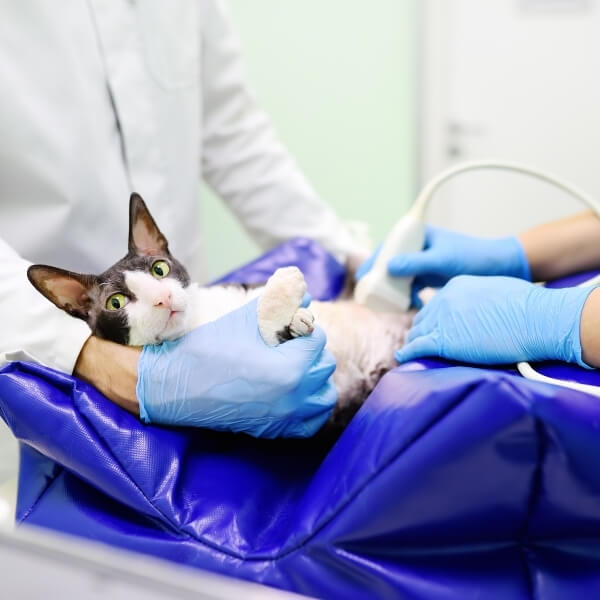
Ultrasound
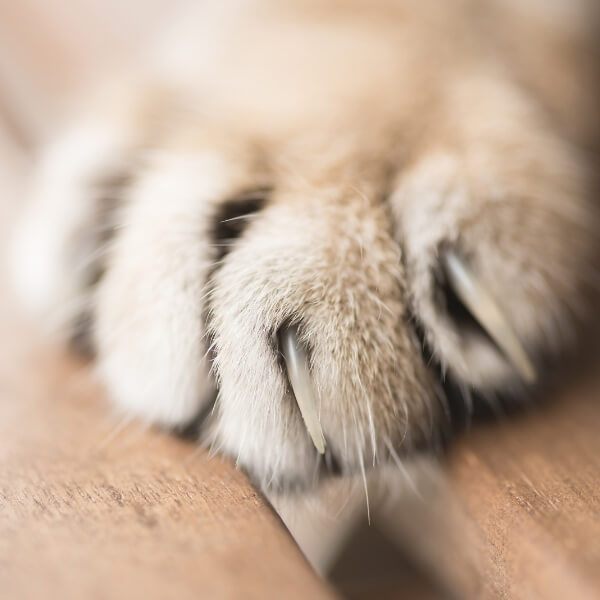
Feline De-Claw
Onychectomy is the medical term for Declaw. It is the surgical removal of a cat’s nail bed (amputation of digit). The surgery can be performed on the front paws, rear paws, or all 4 paws. The procedure is routinely performed at 5-6 months of age, recommended for indoor cats only. The procedure eliminates the cat scratching at items in your house and people. The surgical laser is used on all declaw procedures to reduce bleeding and postoperative pain.
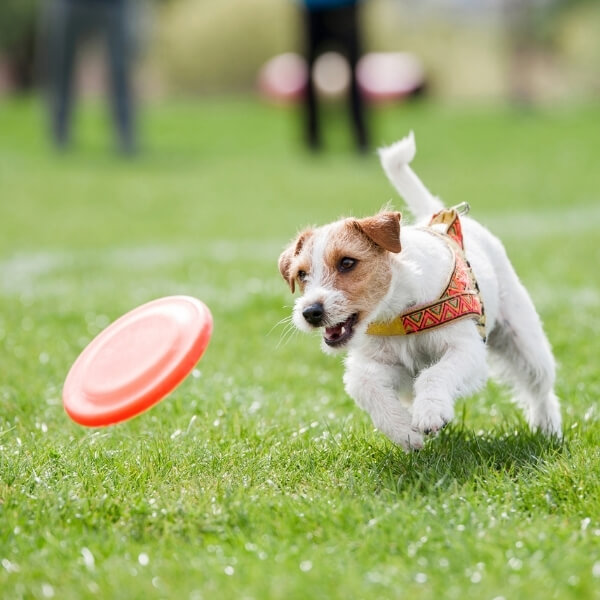
Boarding
Our caring and compassionate veterinary staff will make sure your pet receives plenty of one-on-one attention, interactive playtime, long walks, and nutritious meals. While our ‘pet resort’ is filled with all the loving comforts of home, we know that just like humans, pets can sometimes get homesick. Does your pet have a favorite toy? A special treat? You are welcome to bring any comforts from home to our animal vet clinic that will help your pet relax while you are gone. We request that you label these toys so we can be sure they return home with your pet when the visit is over.
At The Pet Hospital, we know that each pet is used to a different routine, and we always do our best to accommodate your pet’s specific needs. If your pet has special dietary requirements, we are happy to follow these guidelines. If your pet is on medication, we will also administer the medication according to the guidelines from your veterinarian.
Please note: Your pet must be up-to-date with vaccines to be allowed to board (rabies & kennel cough).
